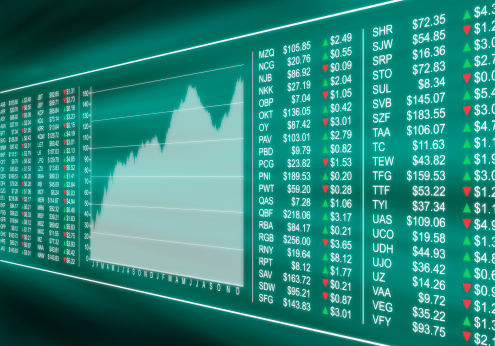Published by Brett Carson
I have two pet peeves when it comes to discussing stocks with individual investors, whether it’s friends, family, a doctor or a cab driver. The first is when someone asks what price a stock is selling for and then coming to the conclusion that it’s cheap or expensive depending on the number of shares they can buy. Of course, valuation is based off of a stock’s price in relation to earnings and other metrics such as quality and growth, and investing $10,000 is still $10,000 whether you own 1,000 shares of a $10 stock or two shares of a $5,000 stock.
My other pet peeve is when people hear what I do for a living and equate it to gambling. “Oh. You’re a stock analyst? Isn’t that just like Vegas?” First, gambling has a binary outcome – when you place a bet, you either win or lose it all. While the value of your stock investment will certainly move up or down, it’s very rare to lose everything in an instant (the exceptions being if you’re trading in penny stocks or using high amounts of margin). Secondly, gambling is a game of chance. There are defined mathematical probabilities of outcomes that are most often not in your favor. However, investing in stocks gives you the partial ownership of a company’s assets and future cash flow. You now own a part of that business with the expectation to generate a return on your investment. It’s very similar to what you see on the popular TV show, “Shark Tank”. Mark Cuban is not playing roulette with his money when he buys equity of a promising start-up. Neither is an educated stock investor with an appropriate time horizon.
Where investing does become very gambling-like is when people invest into companies that they know little about, have short time horizons, or are investing money that they cannot afford to risk. I’d also throw the penny stock investors and those that use high amounts of margin into that group as well.
The point is if you’re going to invest into stocks, make sure that you know what you own, why you own it, and have an appropriate time horizon to earn a return on that investment. The market is an extraordinary product of capitalism that allows everyday people to own portions of some of the world’s most successful companies. It is not a casino unless you make it one.

